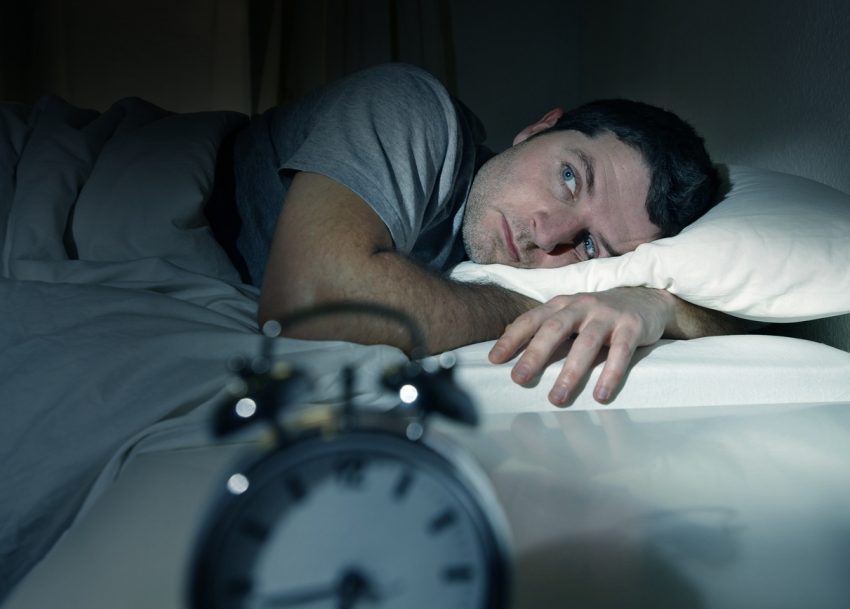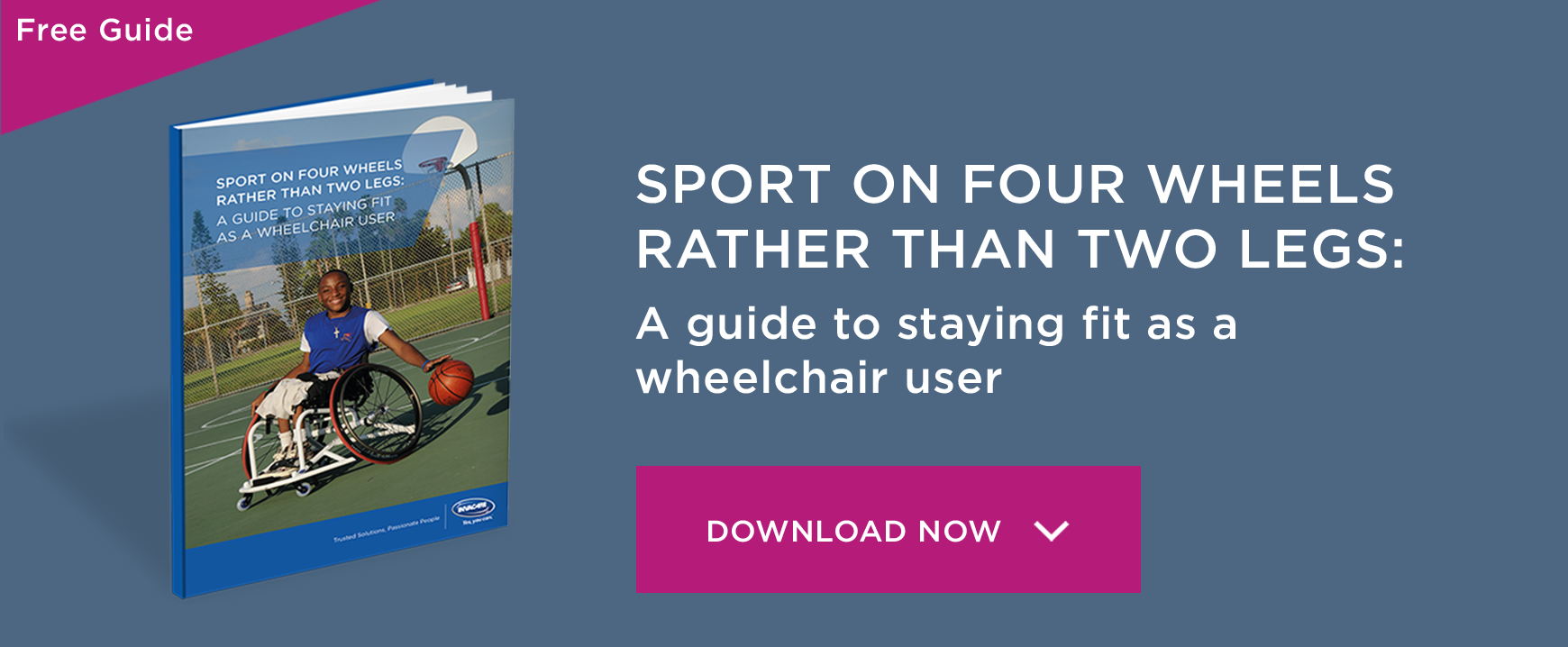Sleep Tips For After A Spinal Cord Injury

After a spinal cord injury, you may find it hard to sleep. This could be for several different reasons. Your body has physically changed, and you may have trouble with pain, breathing, or general discomfort.
Your mind may also be racing, as you think about your new life, the adjustments you need to make, and perhaps battle with anxiety.
On top of that, you may find yourself more exhausted than usual from the physical exertion of day-to-day living. You may find you need more sleep now than you used to, for your body to recover from the daily activities.
When you find it difficult to sleep, try these sleep tips. They should help you rest better and maximize the benefits of your time in bed.
Unplug From Media
Television, computers, and smartphones can be a detriment to sleep on several different levels. First, watching TV or chatting with your friends online requires you to actively participate by paying attention to what’s going on. This will keep your mind running, rather than allowing it to relax.
Also, getting involved in these type of activities may keep you up later than you intended. All of us have had an evening where we thought we would go to bed early, yet we decided to watch one more show, chat with one more friend, or check out one more Facebook profile. Until it was after midnight!
Another compelling reason to unplug an hour or two before bed is that the blue light from screens is suspected to affect melatonin production in your brain. Melatonin is a chemical that tells your body to go to sleep. It is produced based on the natural cycle of light and darkness. The blue light that screen emit can signal your brain that it is still “day” and delay it from sending out the melatonin you need to get your body ready to sleep.
Limit Substances That Negatively Affect Sleep
Nicotine, caffeine, and alcohol can all have negative effects on sleep. Eliminating, or limiting these substances, or consuming them only at certain times of day can be helpful.
Nicotine, while often used to “relax,” is also a stimulant. It’s relaxing effects mostly come from the release of dopamine it causes. However, it does raise heart rate and blood pressure, as well as blood sugar. That stimulation will work against getting a good night’s sleep.
Caffeine is also a stimulant. If you are a coffee drinker, try to limit that to the morning. Sodas and teas in the evening should also be monitored. No caffeine after 16:00 is a good rule, but at the very least, be moderate with your consumption after that time.
Alcohol does work as a sedative, but it negatively affects your sleep cycle. Good quality sleep if just as, if not more important, than how many hours you are asleep. Being moderate with alcohol, and consuming it early in the evening is a good plan. And you should always report any substance use to your doctor, so they can appropriately advise you.
Stick To A Sleep Schedule
Setting both a regular bedtime and wake time is one of the best things you can do to optimize sleep. Some studies show that a set wake time is almost more important than bedtime since getting up in the morning will help indicate to your body that you need to go back to sleep that evening at a reasonable hour.
One way to help enforce your bedtime is by setting an evening routine. Keeping to the same routine every night will help trigger your body and mind relax.
Optimize Your Sleep Environment
No matter where you are sleeping, optimize the environment for sleep. Some factors that affect sleep are temperature, light, and noise.
Cooler temperatures promote sleep. Some people say that between 18C-21C is the perfect range for cooling down the body. Turn off all lights and use darkening blinds on the windows to block out light. Some people find a sleep mask helpful if they need to keep a nightlight on in the room (for seeing to go to the bathroom), but still want to experience complete darkness. And eliminating outside noise can help keep you from being disturbed. Shut the door to your room, or find a pair of comfortable earplugs if necessary.
Don’t Go To Bed Too Hungry, Or Too Full
Being too hungry or too full can cause discomfort. It can also affect your blood sugar levels, which need to remain stable for you to sleep well.
To avoid being too full, don’t eat a big meal right before laying down. Lying down with a full stomach can cause acid reflux and slow your digestion, leading to discomfort.
If you are hungry, eat a light snack that involves carbohydrates and a little fat. This combination gives you a full feeling while boosting blood sugar levels to help you avoid a blood sugar crash in the middle of the night. Foods that contain tryptophan, such as bananas, or a cup of warm milk, are also a good choice. Tryptophan acts as a natural sedative.
Following these sleep tips should help improve your sleep drastically. But if you still continue to have significant problems, talk to your doctor. There may be a physical problem causing your sleep difficulties that needs to be addressed through therapy or medication.
Author: Annie Beth Donahue is a professional writer with a health and disability focus.







